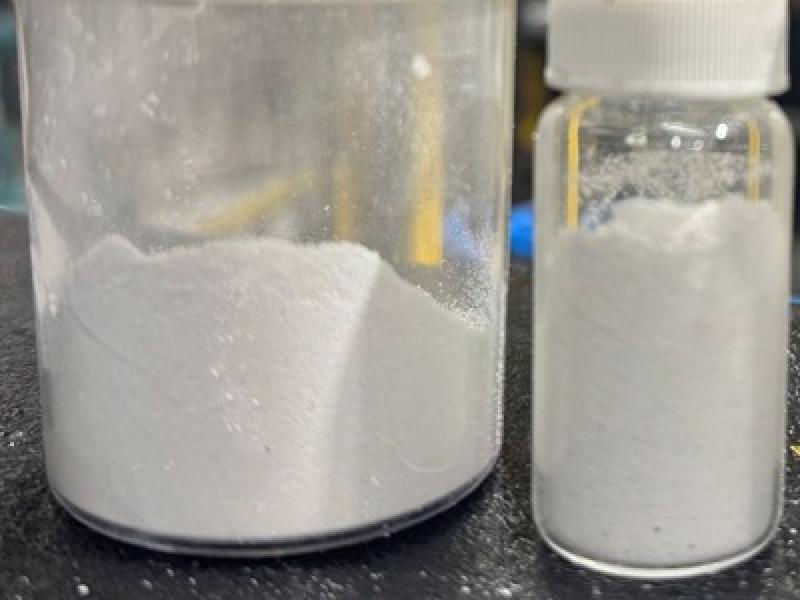
Representatives of Quebec, California and New Zealand sign a joint declaration regarding the carbon market at COP26 (Courtesy CARB)
The Province of Québec has received $371 million in revenue from the 29th auction of greenhouse gas emission units recently held jointly by the Ministère de l’Environnement et de la Lutte contre les changements climatiques and the California Air Resources Board (CARB).
Quebec’s Cap-and-Trade System for GHG emissions became operational in 2013. Quebec has been a member of the Western Climate Initiative since 2008 and formally linked its system with California’s in January 2014 and with Ontario’s in January 2018 (until the termination of Ontario’s ETS in mid-2018).
The system covers fossil fuel combustion and industrial emissions in power, buildings, transport, and industry. The resulting market is now the largest carbon market in North America.
The auction, held on Nov. 17, included 2019, 2020 and 2021 vintage allowances and an advance auction of 2024 vintage allowances. The fruits of the sale yielded 68,598,217 current vintage emission units sold at $35.47 and 8,306,250 2024 vintage emission units that went for $42.68. The minimum price was $22.23.
The sale generated in the order of $371 million in revenue for the province. Until now, the carbon market has generated revenue of over $5.6 billion for Québec.
The respective bidders will receive their proceeds by Dec. 16.
The Quebec Electrification and Climate Change Fund
The revenue will go into the province’s Electrification and Climate Change Fund to finance Québec’s plan for creating a 2030 green economy. The province has a 2030 target of a 37.5 per cent reduction below 1990 levels in green house gas emissions.
To achieve the target the province is proposing to put 1.5 million electric vehicles on the road, to electrify 55 per cent of city buses, 65 per cent of school buses, all government vehicles and 25 per cent of pickup trucks. It also includes a 50 per cent reduction in heating related emissions and 60 per cent reduction in emissions attributable to government buildings.
Further targets include no sales of gas-powered cars and trucks by 2035 and carbon neutrality by 2050. In total, the carbon market has generated over $5.6 billion in revenue for the province, which is all put towards funding its climate goals.
The plan is organized under five pillars: Mitigate climate change; build the economy of tomorrow; adapt to climate change; create a predictable environment that is conducive to the climate transition; and accelerate the development of knowledge.
The province’s electricity production is already more than 99.8 per cent renewable and mainly comprised of hydro power.
According to a summary report, there were 110 qualified bidders at the latest auction, although not all may have participated.
A list of bidders is included in the report.
New Zealand, California and Quebec sign joint declaration
At COP26, CARB signed a joint declaration with the Quebec and New Zealand governments to cooperate in the fight against climate change.
The CARB announcement about the declaration said “the transition toward net-zero greenhouse gas emissions while creating new, quality jobs in low- or zero-emission sectors and facilitating a just transition for people impacted by the shift towards a carbon neutral economy.
“And it recognizes a shared understanding of the importance of carbon pricing and the reform and phase out of environmentally harmful subsidies, as efficient and critical tools for reducing greenhouse gas emissions at the scale necessary to limit the global average temperature increase to 1.5 C.”
The next auction will take place on Feb. 16, 2022, with registration opening 60 days prior.







